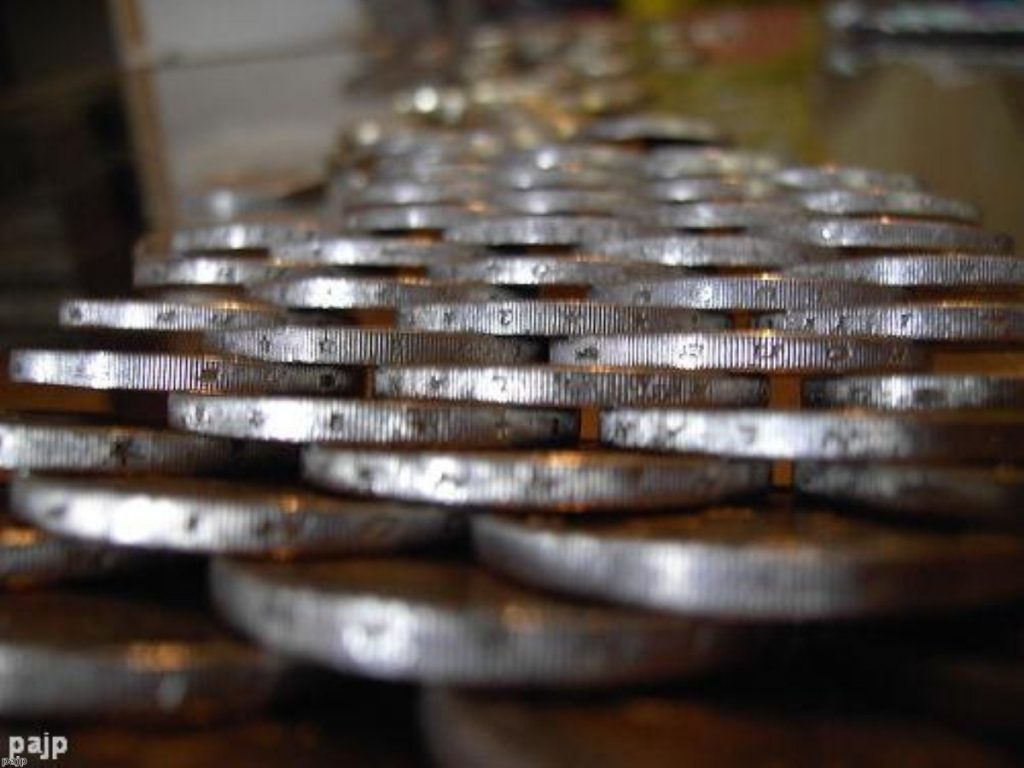Revealed: How the recession worsens inequality
By Ian Dunt
Inflation is worsening the gap between the rich and the poor as rising fuel prices batter the incomes of lower income groups, a new report shows.
The document comes as inflation shows no sign of improving, with the consumer prices index (CPI) inflation unchanged at 4.5% and the retail prices index (RPI) inflation also unchanged at 5.2%.
The inequality research, conducted by the respected Institute for Fiscal Studies (IFS), shows that while inflation damages lower income families, richer households actually tend to benefit from straightened financial times.


The richest fifth of the population only experienced 2.7% inflation a year since 2008, compared to 4.3% for the poorest fifth of households, but the real benefit comes in the form of mortgage payments.
Dramatic cuts to interest rates have significantly reduced mortgage payments, a trend which benefits mostly better-off families.
Meanwhile, the price of luxury goods such as TVs and stereos has dropped as shops try to tempt customers into purchases.
The products which have seen the worst inflation, such as gas, electricity and food, are those which disproportionately affect the less well-off as a percentage of income.
For example, 2008 saw the retail price index rise by four per cent, but fuel prices soared by 18.9%, adding 1.8% to the average inflation rate experienced by the poorest fifth but just 0.8% for the richest fifth.
That trend is likely to continue, with the Department of Energy and Climate Change (Decc) projecting a further rise in fuel prices due to trends in commodity prices and government targets for renewable energy and carbon emissions.
"The government is failing to get a grip on the economy. Inflation is still too high and it is the low paid, the jobless and the vulnerable who are bearing the brunt," UNISON general secretary Dave Prentis said after today's results..
"Seventy per cent of council workers are struggling to get by on less than £21,000 a year and have not received the £250 pay increase promised by the chancellor in his budget. At the other extreme, the bankers who caused the recession continue with their huge pay and bonus culture."
Graeme Leach, chief economist at the Institute of Directors (IoD), said that although there had been lots of upwards and downwards movement the overall picture was unchanged.
"Clearly we still have a short-term inflation problem but the medium term threat is deflation, owing to the contraction in the money supply," he said.
“The softening in the economy already underway is sufficient to bring inflation under control, we do not need a tightening in monetary policy. Indeed if current money supply trends continue we will need to introduce QE2.”









